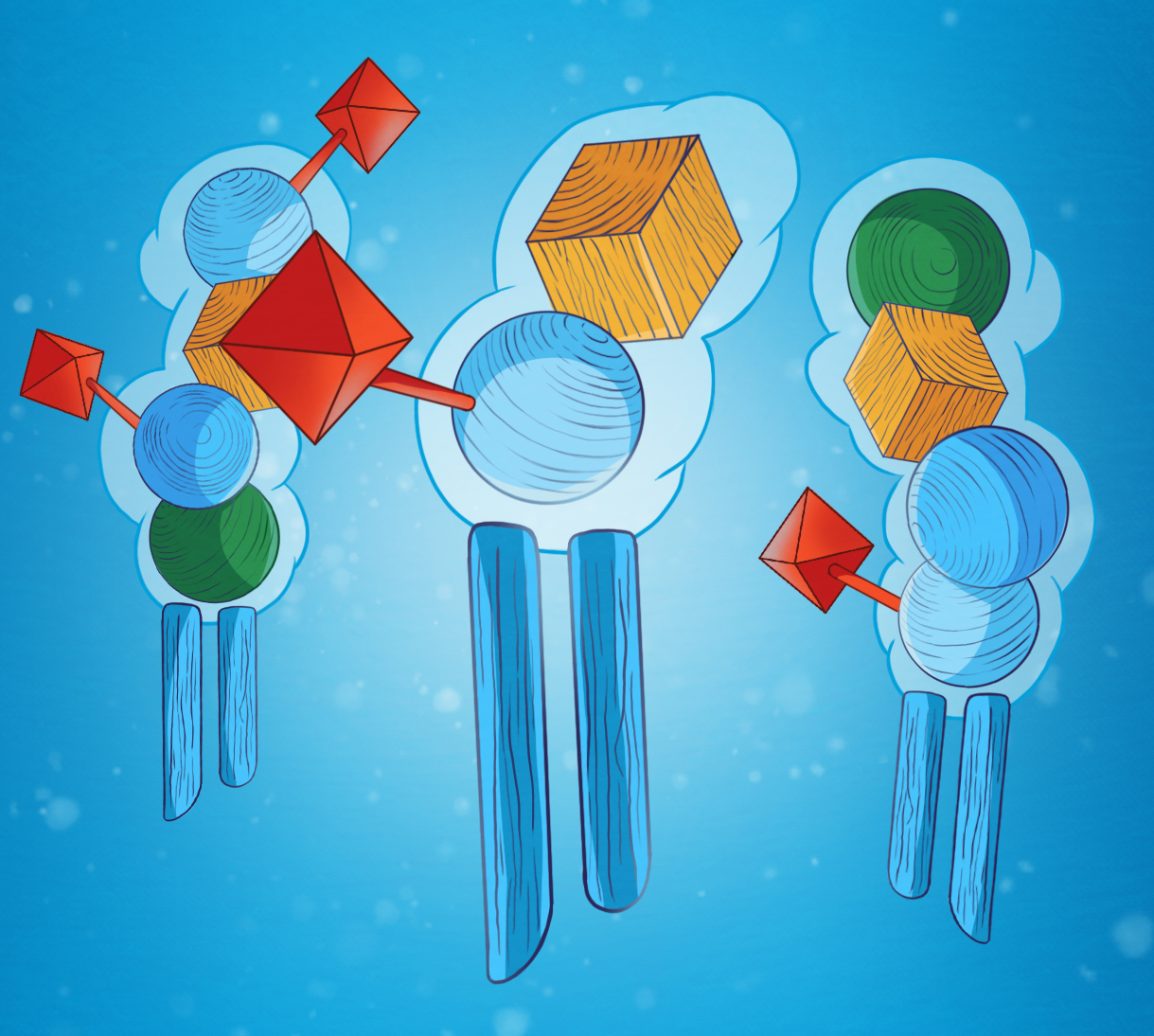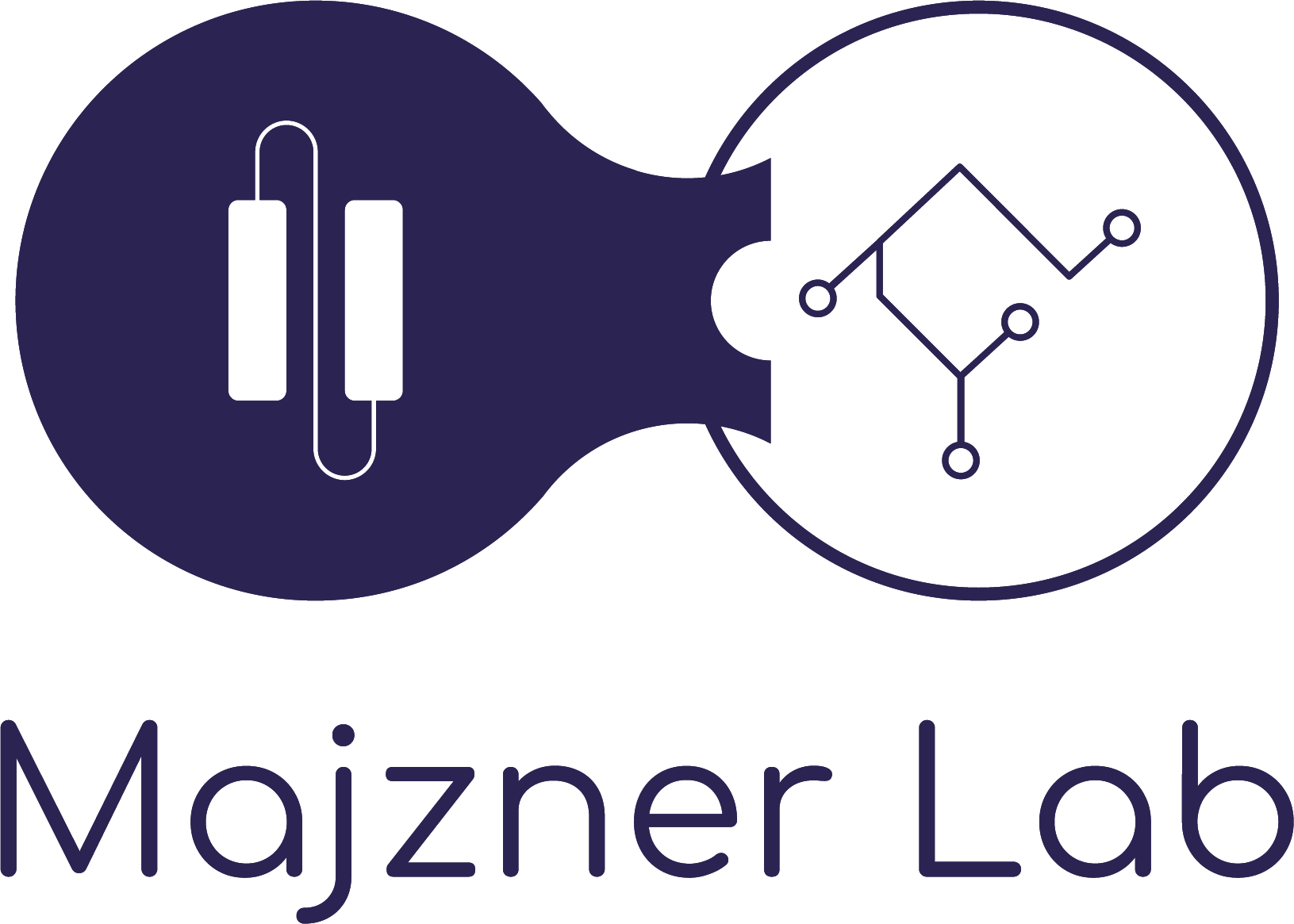
CAR T cell engineering
CAR T cells have revolutionized the treatment of certain hematologic malignancies, but have not yet mediated substantial benefit in patients with solid tumors. To develop CARs that are safer and more effective for solid tumors, the Majzner Laboratory has developed new receptors that differ substantially in their structure from those that have been studied for the last thirty years. By studying how CAR T cells propagate their internal signals, we have co-opted molecules from inside the cell to alter the efficacy and specificity of these powerful therapeutics.

Immunobiology of GD2 and related gangliosides
GD2 is a sugar expressed on the surface of tumor cells in certain childhood cancers. Pediatric oncologists have been targeting GD2 for more than twenty years, but little is understood about its role or regulation. We discovered that GD2 is capable of suppressing immune function, explaining why tumors might express this molecule on their surface. We have also begun to unravel how GD2 is regulated, an advance that allows us to use anti-GD2 therapies to target a multitude of cancers.

Early phase clinical trials of immunotherapies in pediatrics
As a practicing pediatric oncologist, Dr. Majzner is dedicated to bringing forward early phase clinical trials of immunotherapies in children. This allows us to iterate as we rapidly test new therapies, performing correlative studies that inform future approaches in the laboratory.
